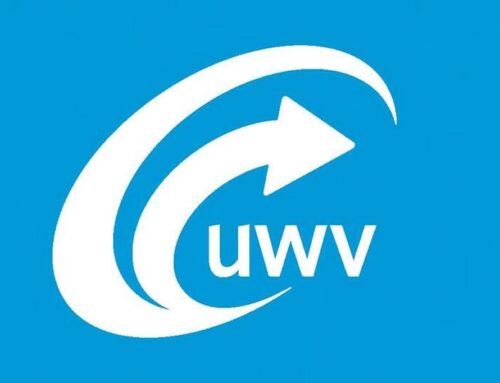Given the strict legal protection of employees in the Netherlands, many employers prefer to work with freelancers as they cannot claim status as employees. On the other hand, whether someone is or is not an employee is determined by law; the client and the freelancer do not always have the right to define the legal status of their relationship. Legal advice is essential to avoid problems relating to tax and social premiums.
Employment law varies considerably in different European countries. In the Netherlands there is a strong tradition of protecting employees from dismissal. Also typically Dutch is the requirement to maintain payment of salary during the first two years in the event of illness. Limited period employment contracts are also common in the Netherlands. As well as this, a large group of employees is not covered by employment law. More and more people offer their services as freelancers and are contracted in on that basis. These developments are being intensively treated by the Dutch parliament.
What we do
We offer legal aid to both employees and employers in dismissal procedures and other employment law questions such as disputes over payment of salaries. We are experienced in international labour relations and with the typically Dutch borderline cases relating to independent workers (“ZZPs”).
Summary of Dutch employment law
Dutch employment law was modernised in 2015. Resolution of labour disputes was harmonised, but did not become any simpler. Employees with at least 2 years´ service have a right to a fixed amount of compensation upon termination of service (“transitievergoeding”). There must be a valid reason for dismissal, which is closely examined by the judge. A judge can reject an application submitted by an employer, reason enough for many employers to offer higher compensation than legally required. If an employer is found to be seriously at fault, the judge can impose a higher compensation (de “billijke vergoeding”).
Other authorities
The reason for termination determines how the employer should proceed with dismissal. If the company needs to reduce the number of employees due to economic problems, the employer must apply to the benefits agency (“UWV”) for a licence to terminate. If the reason for dismissal lies with the employee (such as a disrupted labour relationship, dysfunction or lengthy illness), then the case must be heard in the cantonal court (“kantonrechter”). Appeals against decisions of the UWV and the cantonal court can be lodged with the court of justice and the highest authority, the high court “Hoge Raad”.
Termination due to illness
Dutch law relating to dismissal is extremely complex in the case of a chronically ill employee. Employers are required to be affiliated with occupational physicians (“arbodiensten”) who supervise absence due to illness. The UWV, which adjudicates sick pay, applies strict requirements to this process. Dismissal during illness is not impossible, but requires intensive supervision. The reason for this is that an employee loses his right to social security payment if he cooperates in the termination process during illness.
Immediate dismissal
In some Anglosaxon countries employers are free to dismiss employees at a moment´s notice. This is not the case in the Netherlands. The reason for dismissal must be valid and a notice period must be taken into account. There is one important exception to this. An employee who is seriously culpable can be fired immediately. Consider a situation where the employer discovers fraud or a similar offence. Are you an employee who has been summarily dismissed? Then you should immediately enlist the help of a lawyer. If you do not do so you will forfeit your right to unemployment benefit. Are you an employer considering firing someone on the spot? Take legal advice, because there is a significant chance that the employee will initiate legal proceedings to nullify the dismissal.
Flexible working relationships
Given the strict legal protection of employees in the Netherlands, many employers prefer to work with freelancers (“ZZP”) as they cannot claim status as employees. On the other hand, whether someone is or is not an employee is determined by law; the client and the freelancer do not always have the right to define the legal status of their relationship. Legal advice is essential to avoid problems relating to tax and social premiums.
We are specialized in civil litigation in The Netherlands. Read more about the Dutch judiciary…


